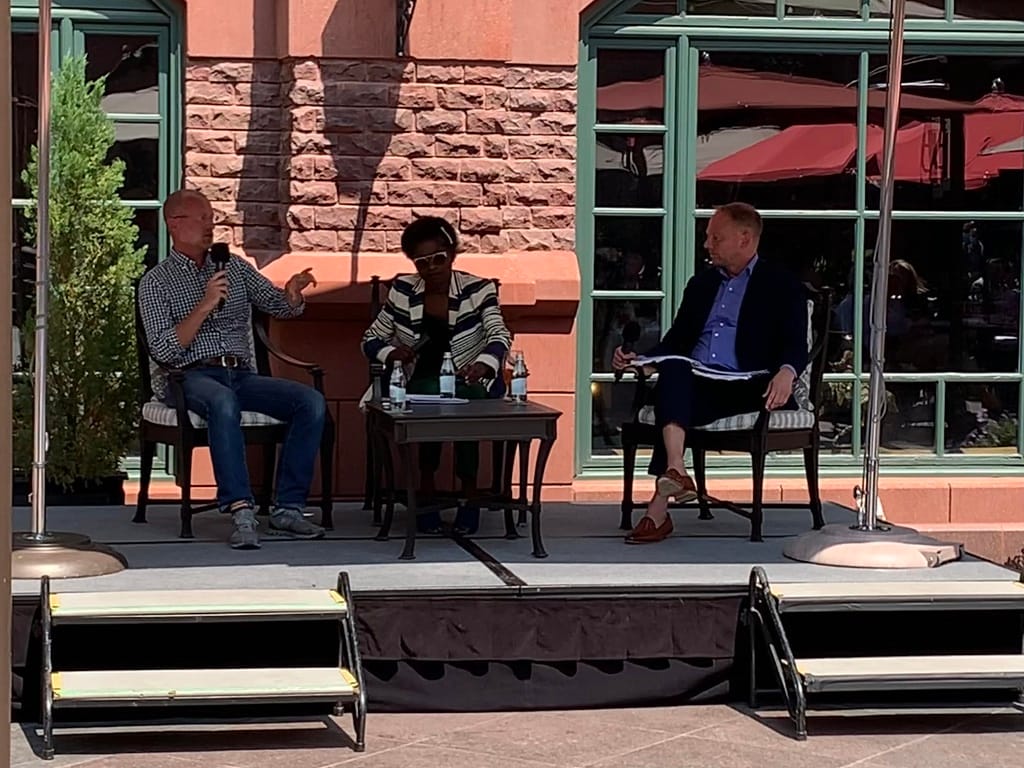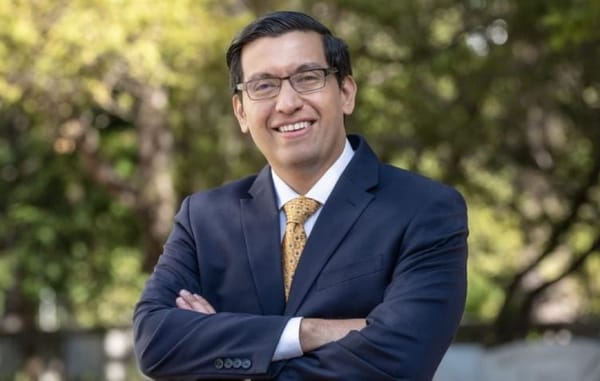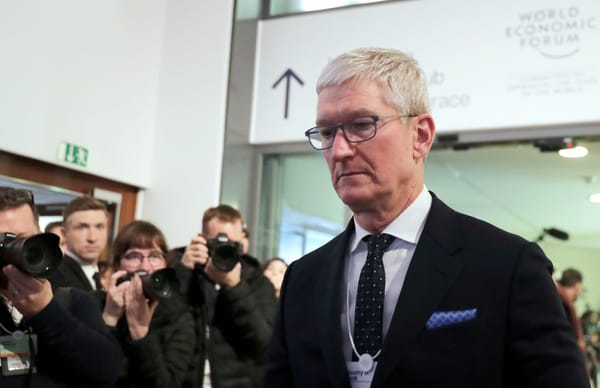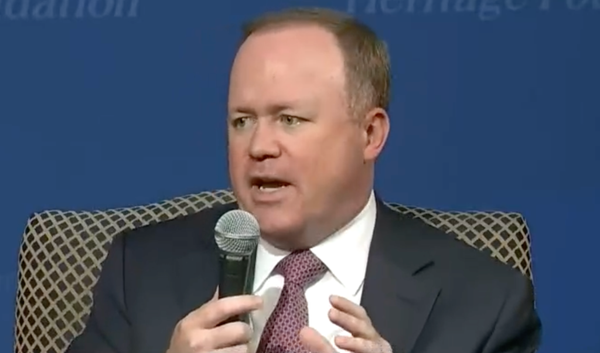Current, Former FCC Commissioners Hope Broadband Infrastructure Bill Protects Against Waste
Brendan Carr noted concern about possible overbuilding and lack of accountability in infrastructure bill.
Benjamin Kahn

ASPEN, Colorado, August 19, 2021—Federal Communications Commissioner Brendan Carr and former commissioner Mignon Clyburn said at the conclusion of the 2021 Aspen Conference Tuesday that they hoped the $65 billion going toward broadband from the infrastructure bill will not be subject to abuses and overbuilding.
Carr said he is worried about the potential for overbuilding and a lack of accountability for instances of waste, fraud, and abuse on behalf of those given funds to improve infrastructure at the state level. He emphasized the seriousness of ensuring this opportunity for growth is not squandered.
“We now have the funding to close the digital divide from an infrastructure perspective many times over.”
The bill must still go before the House, as it just passed the Senate last week.
Clyburn echoed some of those concerns Wednesday, saying those who are making the infrastructure decisions should take not that this money “is not your slush fund.”
Otherwise, both Carr and Clyburn were optimistic about the general direction of where things were headed, including how the agency was handling matters. Despite still not have a tie-breaking fifth commissioner on the FCC, Clyburn said “I believe we are at 2-2 for a reason,” adding that now is the FCC’s chance to show American’s what it can do and do what needs to be done.
RDOF concerns
When the commissioners discussed the Rural Digital Opportunity Fund, which awarded money in December, Carr was quick to defend the reverse auction process that has drawn scrutiny in recent weeks, as companies are increasingly defaulting on areas due to new FCC mapping showing that those coverage areas are already served.
Carr described the reverse auction process as cost effective and efficient, and primarily blamed insufficient broadband mapping for the fallout rather than the reverse auction process itself. TPI President Scott Wallsten similarly blamed mapping, not the reverse auction, for RDOF’s recent problems.
In response to some of the criticisms levied against the FCC regarding the auction process, Carr said that the FCC needs to strike a balance between doing its due diligence to ensure that carriers can deliver on their obligations, while also not picking winners and losers.
“We do not want to prejudge who can succeed [or fail],” he said.









Member discussion